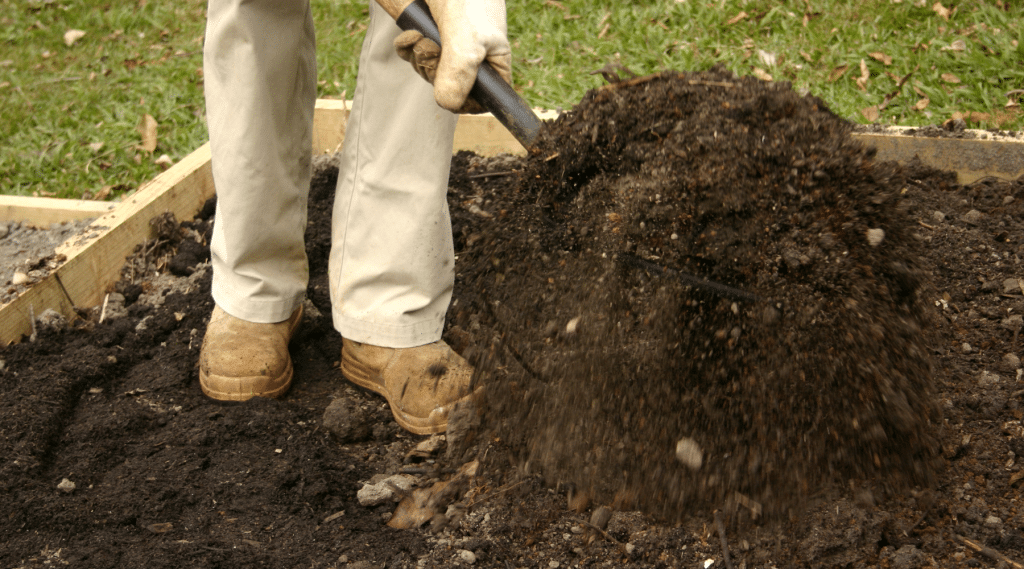
Choosing the best garden soil amendments is vital for plant life. Notably, it improves the soil's structure, drainage, airflow, and ability to hold water.
For soil amendments to work, you must mix them into the soil correctly. Burying it makes it less effective and stops water and air from getting to the ground, slowing the growth of plants.
Nevertheless, this blog post discusses the factors in choosing the best garden soil amendments. From nutrient content to soil type, to help you make informed selections and maximize the potential of your garden.
So join us as we dig into the amazing world of garden soil amendments and uncover the secrets of growing robust plants.
Inorganic Vs. Organic Soil Amendments
Organic
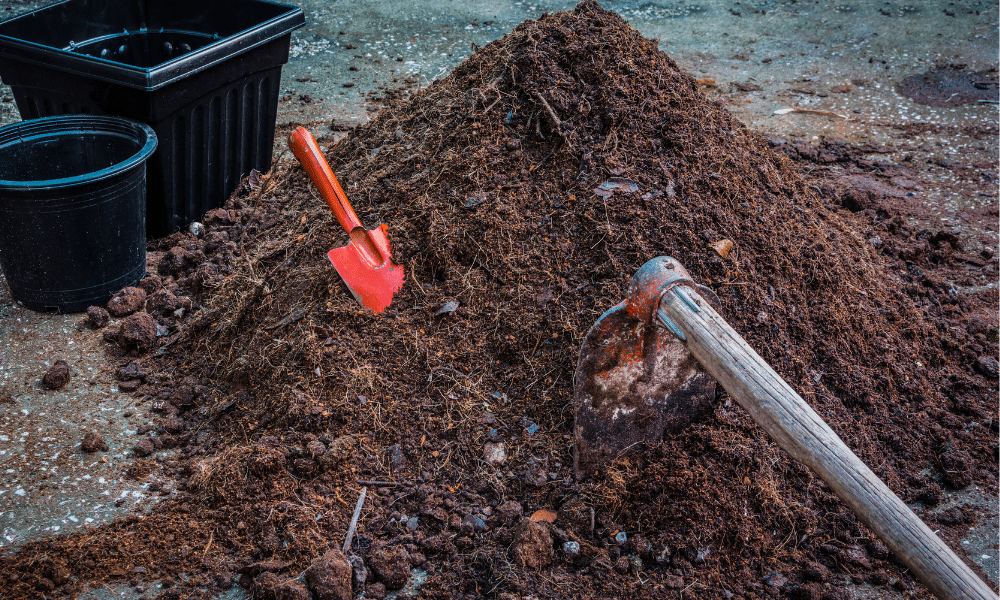
Organic soil amendments are substances derived from living organisms. Examples of organic soil amendments include compost, manure, bone meal, and peat moss, to name a few. Compost piles, green manure, and mulch are all sources of plant-based amendments. Manure, bone, and blood meal are examples of animal-based compost.
They are often hailed as the best garden soil amendments due to their holistic benefits. Firstly, they provide essential nutrients that plants need to thrive. Secondly, they enhance water management by enhancing the soil's capacity to hold water.
They also encourage the growth of beneficial soil microbes and contribute to maintaining a healthy soil ecology. The bacteria help the composting process go naturally. In this way, nutrients are altered into plant-friendly forms. Finally, organic additions improve the soil structure in other ways as well. This facilitates root growth by providing easier access to nutrients.
However, not all organic matter is suitable for the soil as amendments. For instance, wood ash has a high pH and may not benefit all soil types despite being an organic fertilizer.
Incorporating organic matter into the soil is beneficial in many ways, and natural soil amendment is one way to do it. Over time, organic matter makes the soil better at letting air in and holding water and nutrients. Soil organisms, including bacteria, fungi, and earthworms, rely heavily on organic matter for energy.
To sum it up, they improve the soil's physical or chemical properties, such as structure, fertility, and health. Hence, they create a supportive environment for robust plant growth.
Inorganic
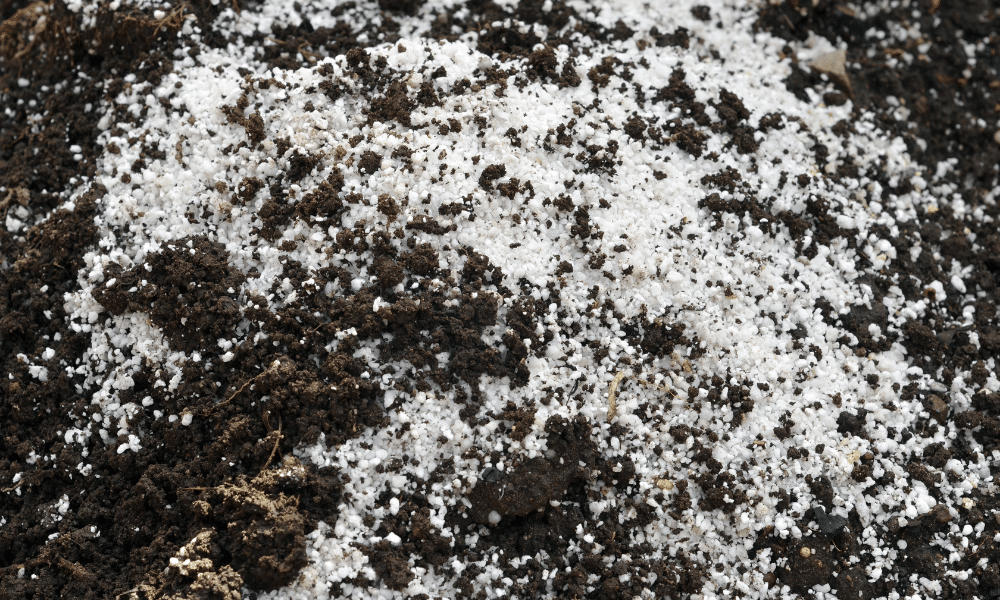
These soil amendments are materials that are not from living creatures. Synthetic amendments can treat nutritional deficits fast and encourage focused plant development. Additionally, inorganic soil amendments have a longer shelf life and are less susceptible to disintegration. They have some advantages, and weighing their advantages and disadvantages is vital.
Inorganic additions can alter the natural balance of soil microbes. They contribute to water pollution via runoff. Furthermore, if you put it on the soil surface, it may kill beneficial organisms, insects or birds. Some inorganic amendments can harm larger animals and even humans. Be cautious with inorganic materials.
Overuse of inorganic additions can deteriorate the soil and decrease long-term fertility. Utilizing inorganic soil amendments and prioritizing organic alternatives can preserve sustainable gardening.
Lists of the Best Garden Soil Amendments
1. Wood Amendments
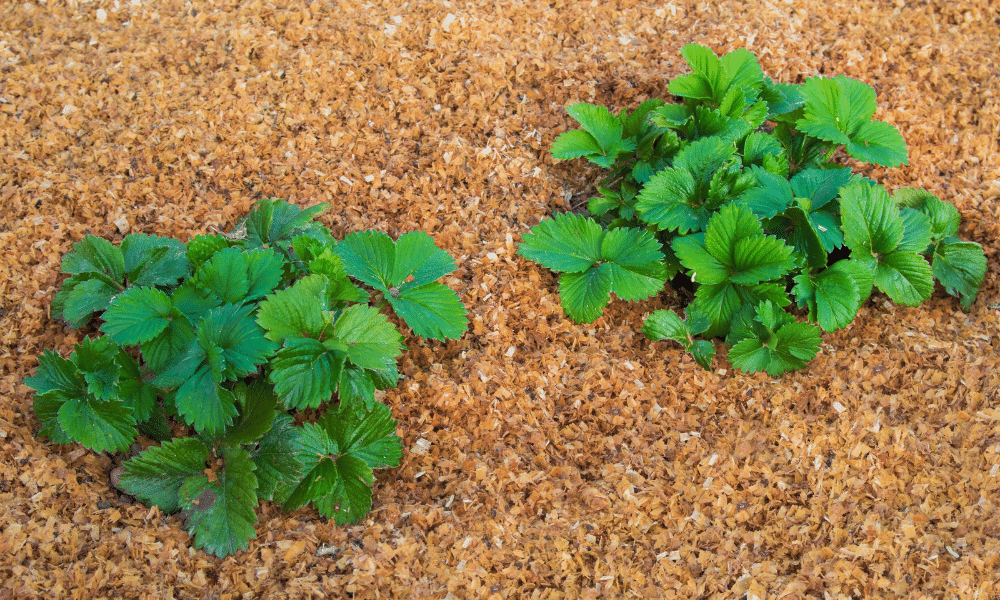
Wood-based additives, such as wood chips, sawdust, or shredded bark, can improve garden soil. The capacity of this amendment to improve soil structure is one of its primary advantages. They can help generate a looser, more aerated structure in the soil, which can be helpful for root growth and water infiltration.
Wood-based additives slowly release nutrients into the soil as they degrade. This can give plants a long-term source of nutrients. However, the breakdown process can temporarily bind nitrogen in the soil, thus making it less available to plants.
For the best result, you should compost wood amendments. Adding nitrogen source materials to the compost pile breaks it down quickly. You can use grass clippings or manure, which is high in nitrogen. Like all soil amendments, it should be used cautiously and with the demands of your soil and plants. Before making any changes to your garden, you should always perform a soil test.
Manure:
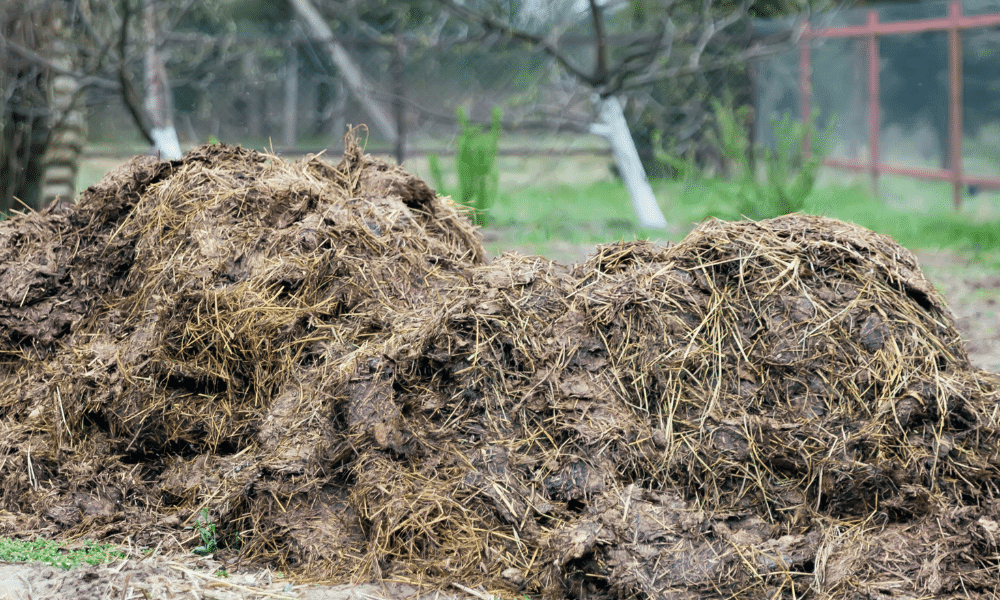
Most people agree that manure is the best organic soil amendment available. It improves soil fertility and general plant health and comes from animal waste like cattle, poultry, or horse dung. Manure is an organic fertilizer that contains crucial ingredients for plant growth.
However, fresh manure can be toxic due to the high ammonia levels. Besides, fresh manure could spread diseases like E. coli, making people sick. Ensure the manure you use has been composted or at least aged.
Manure that has been heated and turned over several times is called "composted manure." Pathogens and weed seeds will die if heated above 145 degrees Fahrenheit. In addition, composting manure is a great way to improve it, and the fast decomposition process stabilizes the organic matter.
Compost is one of the best garden soil amendments
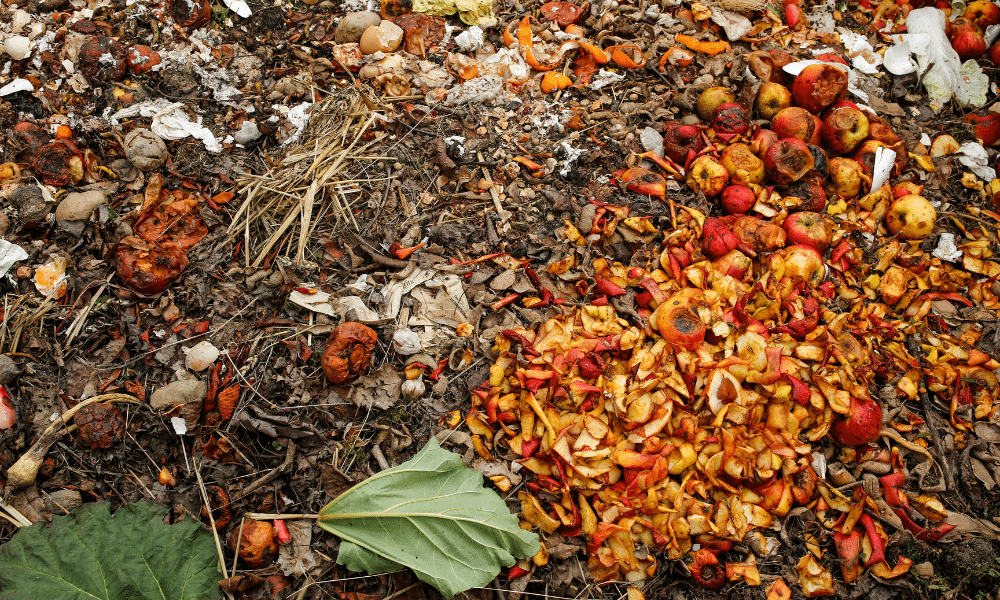
Compost is a type of organic matter used in gardening and agriculture to improve the soil's health and fertility. Green materials, such as grass clippings and food scraps, provide nitrogen. Meanwhile, brown materials, like dried leaves and wood chips, provide carbon.
Composting is beneficial for several reasons. It enriches the soil, helping it keep moisture and suppress plant diseases and pests. It encourages the production of beneficial bacteria and fungi. It also reduces methane emissions from landfills and lowers your carbon footprint.
Using a compost bin, you can transform the food scraps you throw away into nutrient-dense soil for your plants. Reusing the waste from your home can help you reduce your carbon footprint. Start your garden's transformation into one full of life by participating in the composting movement.
Sphagnum Peat
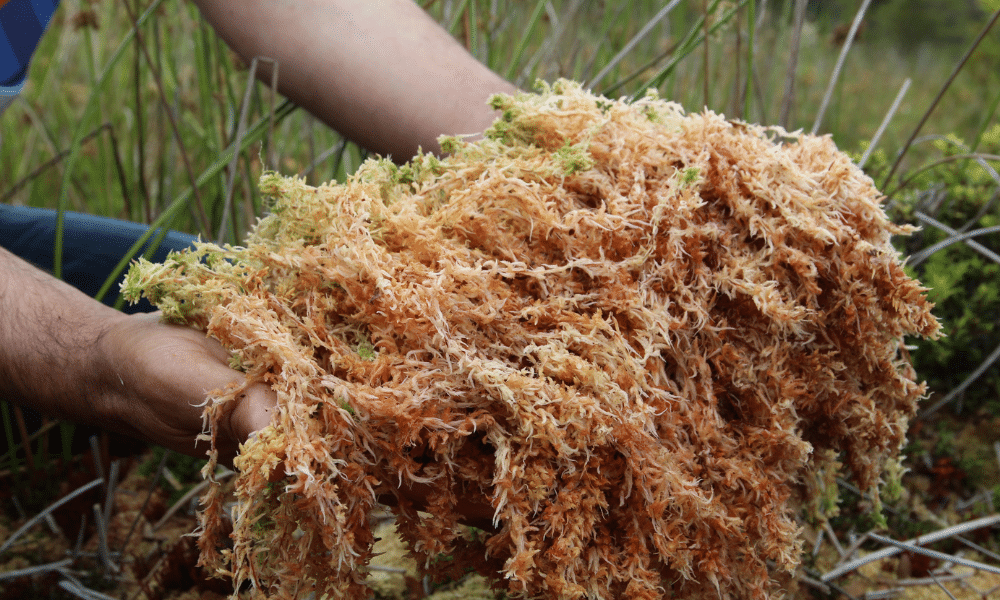
Sphagnum peat, often known as peat moss, is an organic substance harvested from wetlands. It is organic matter that has been there for thousands of years and has decayed.
Gardeners place a high value on peat moss for a number of reasons. Its distinct cellular structure absorbs and keeps water far better than most soils. Because of this, it is a great soil additive for adding moisture to sandy soils that tend to dry out. Besides its water-holding ability, it can acidify soils.
However, peat moss usage raises some ecological concerns. Peat moss harvesting is also not considered sustainable because it slowly regenerates. This is why some green thumbs opt for coir or other organic matter when planting their seeds and plants.
Mountain Peat
Mountain peat, sometimes called high moor peat or highland peat comprises sphagnum mosses and other flora that have degraded over thousands of years. Undoubtedly, it can hold water and its acidic character can aid the growth of some plants. It's added to soil to enhance the structure and water retention.
However, mining mountain peat, like other types of peat, creates environmental concerns. This stored carbon can be released into the atmosphere when harvested, leading to climate change.
Worm Humus
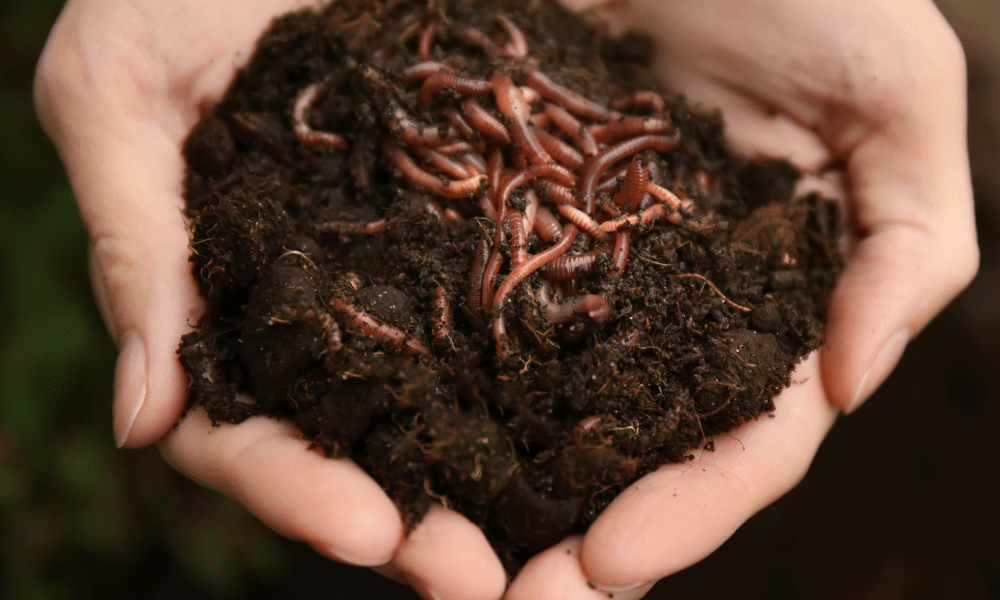
Worm castings are a top organic soil amendment. They improve soil quality, disease resistance, and plant root growth.
With this amendment, you can elevate garden beds and make your garden flourish. To start, assess the existing soil combining 70-80% of the soil with 20-30% worm humus. To ensure uniform coverage of the raised beds, thoroughly combine the two ingredients.
After that, cover the roots with the altered soil mixture, allowing them to grow. Soil that has been improved with worm humus is rich in organic matter. It has beneficial soil organisms, and essential nutrients, making it ideal for growing healthy plants.
In the long run, it has amazing benefits for your raised beds. This includes enhanced soil structure, water retention, and plant development.
Green Manure or Cover Crops
Green manure, often known as cover crops, is one of the best organic soil additives for a garden. These crops are planted solely to enrich the soil. Cover crops include clover, rye, buckwheat, and vetch. When they mature, they are chopped down and turned into the soil to decay, adding useful organic matter. Organic matter helps soil structure, water retention, and nutrient availability.
Cover crops have other benefits in addition to boosting soil fertility. They can reduce weeds by competing for resources with them. Cover crops can minimize soil erosion by covering the soil surface and fixing nitrogen in the soil.
When using cover crops, however, careful planning is required. You must evaluate the cover crops growing needs and compatibility with the crops you intend to grow. You should also give the cover crop ample time to break down in the soil before planting your primary crops.
Biochar
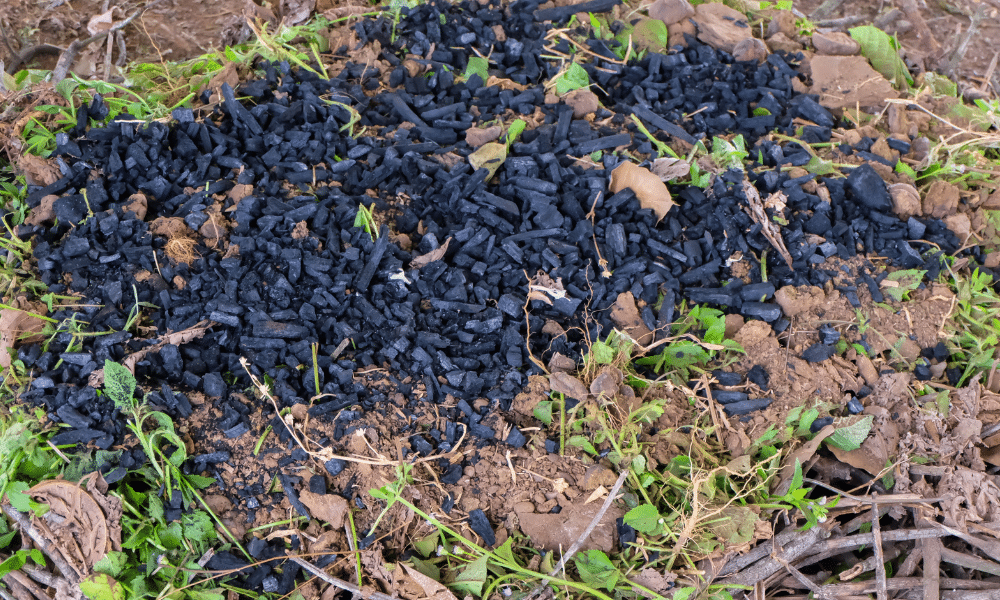
Carbon-rich biochar is produced by burning organic material in a low-oxygen atmosphere. It boosts soil fertility, water retention, and microbial activity for sustainable agriculture.
Moreover, its porous texture promotes beneficial soil microorganisms and nutrient cycling. Carbon black improves soil fertility, retains water and reduces nutrient loss. As a result, it increases plant nutrient availability.
Bone and Blood Meal
Bone and blood meal are among the best organic soil amendments. At first, they provide slow-release phosphate and calcium for root growth and plant health. It strengthens plants over time.
Afterward, this nitrogen-rich fertilizer stimulates fast growth and vivid foliage. These amendments work well together to meet flowering and fruiting plants. Bone and blood meals enrich garden soil, promoting healthy plant growth and boosting the garden.
Leaf Compost
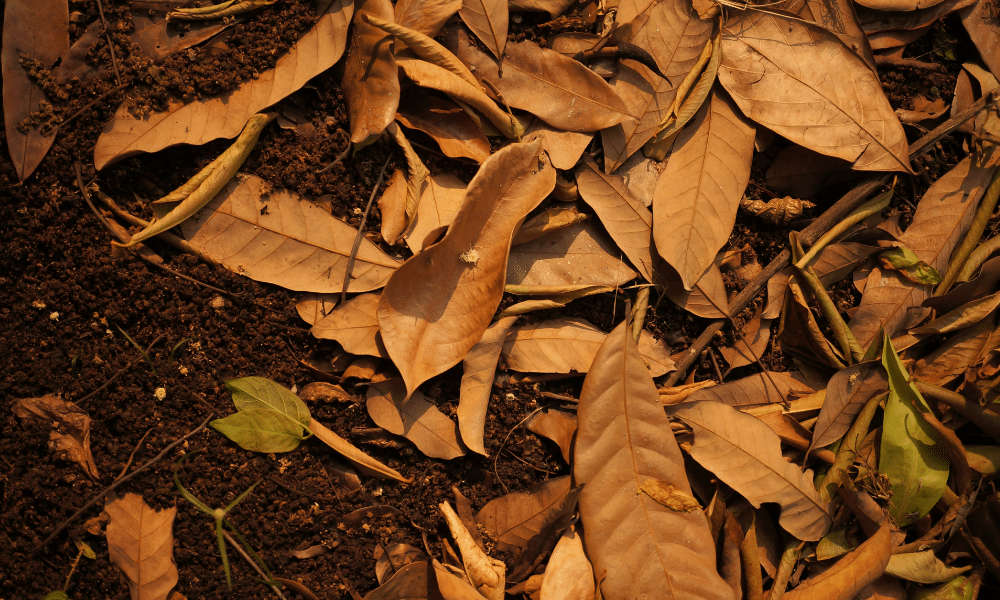
Leaf compost is an additive for improving soil health and fertility. This black, crumbly substance made from decomposing leaves has many benefits. Initially, leaf mold improves soil structure, water infiltration, and root growth.
The outstanding moisture-retaining capacity decreases plant stress and promotes optimal hydration. Furthermore, this is a sustainable, eco-friendly way to grow healthy plants and soil ecosystems.
Seaweed and Kelp Meal
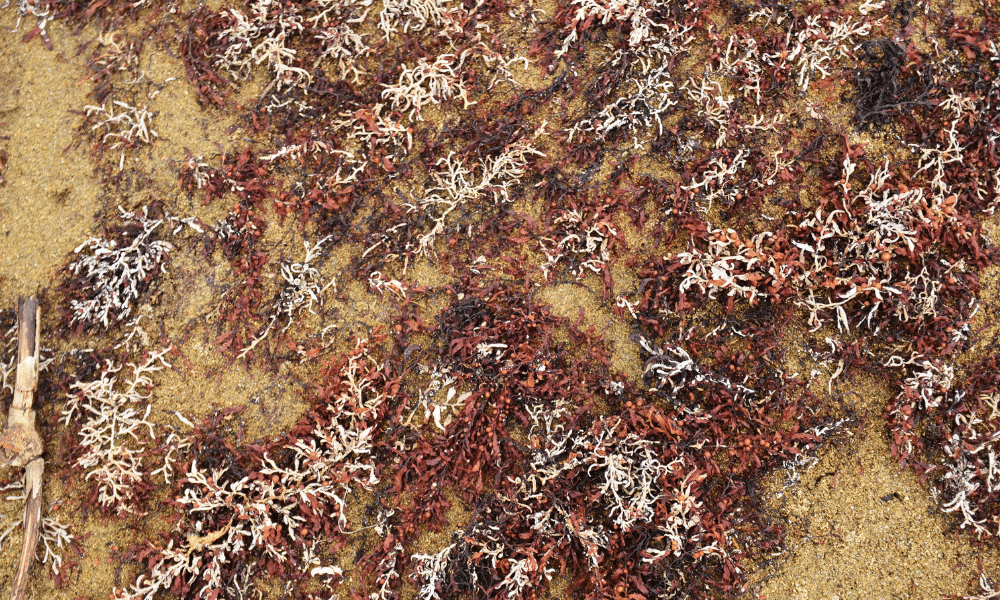
Kelp meal and seaweeds are other best organic amendments. They promote soil structure, nutrient availability, root growth, drought, and disease resistance. They provide a lot of helpful nutrients like potassium and vitamins. They also improve soil structure and water retention.
The delayed release of nutrients ensures that the plants receive a steady dose over time. These nutrient-rich seaweed amendments will help your garden flourish.
Seaweed and kelp meal are good, but utilize them with other organic resources. Combining soil amendments gives plants access to many nutrients.
Fish Emulsion
Fish emulsion is one of the best organic soil amendments for plant development and health. This potent liquid fertilizer comes from decomposing fish. Fish emulsion boosts growth of leaves, and roots with balanced nitrogen, phosphorus, and potassium.
Fish emulsion provides plants with micronutrients and trace elements. Its fast absorption by plants provides natural nutrients for lush, healthy gardens. Because of its many benefits, organic gardeners use fish emulsion as a foliar spray or soil drench to increase yields and grow abundant harvests.
Rock Powder
Volcanic rock powder is an effective and natural soil enhancer that can give your plants the minerals they need to thrive. Our soil enhancer contains over 76 minerals. These include potassium and phosphorus, which are essential for healthy plant growth.
Furthermore, this mineral-rich volcanic rock powder can help improve the nutrient content of your soil. With regular use, you'll be able to enjoy lush foliage and vibrant blooms in no time!
Factors to Consider in Choosing the Best Garden Soil Amendments
Plant Requirements:
When selecting a soil supplement, remember the specific needs of your plants. These requirements include soil pH, nutrient content, moisture retention, and drainage. Understanding plant requirements helps you choose the ideal amendment to correct deficiencies. Improves drainage and soil structure and promotes a healthy soil environment. This approach gives your plants the best growth and productive gardening.
Understanding plant requirements helps you choose the ideal amendment to correct deficiencies. Improves drainage and soil structure and promotes a healthy soil environment. This approach gives your plants the best growth and productive gardening. Certain plants, for example, prefer acidic soil and may benefit from additives such as sphagnum peat moss. Whilst others prefer alkaline soil and may need lime. Similarly, heavy-feed plants may demand nutrient-rich supplements such as compost. Whereas plants that are suited to low-nutrient soils may need less nutrient-dense amendments.
Finally, you can use supplements such as peat moss or sand depending on whether your plants prefer wetter or well-drained soil. Before adding amendments, a soil test might provide vital information to help you make decisions.
Longevity of the Amendment:
Indeed, the longevity of the soil amendment is an important consideration when deciding which one to use. Compost, for example, which is high in nutrients, degrades quickly. This implies it delivers a swift but temporary increase in soil fertility. Depending on the needs of your soil and the sort of plants you are producing, you may need to add compost to your soil annually or even more frequently.
Amendments such as sphagnum peat moss or coir, on the other hand, decompose at a slower rate. They can bring long-term benefits such as better soil structure and water retention. But, because they do not provide as many nutrients as compost, they are used with other treatments.
As a result, when selecting soil amendments, consider their immediate benefits and how they will interact with your soil over time. You should also evaluate your plants' needs and the current state of your soil. A soil test can help determine what nutrients or structural upgrades your soil may require.
Choosing the ideal soil amendments entails considering various elements. It promotes long-term soil health and plant growth.
Soil Texture:
When selecting a soil amendment, soil texture is an important thing to consider. Soil texture refers to the size distribution of mineral particles in a specific soil sample. Soil particles are classified into sand, silt, and clay.
Sandy soils contain bigger particles and drain water quickly. They also do not retain nutrients well. Clay soil, on the other hand, is tightly packed together, resulting in poor drainage and aeration but high nutrient retention.
When selecting a soil supplement, consider your soil texture and desired outcome. If your soil is heavy clay adding coarse organic matter will help improve drainage and aeration. Remember that the purpose is to create a loamy soil texture suitable for most plants. Loam is a well-balanced blend of sand, silt, and clay that provides good drainage, appropriate nutrient retention,
Environmental Impact:
Avoid chemical additives and choose ones that reduce nutrient runoff and water contamination. Overuse of amendments can degrade soil pH. Use organic and natural products and amend them properly.
When choosing a soil amendment, it's essential to consider its environmental impact. Consider the production and transportation that can contribute to greenhouse gas emissions. Overuse of some amendments can lead to water pollution. So, it's advisable to opt for locally sourced, organic amendments when possible. Provided that, prioritize soil health and long-term fertility additions.
Soil Salinity and Plant Sensitivity to Salts:
Many types of manure compost and biosolids contain a lot of salt. This salt concentration in the soil can impact plant growth and health. Excessive salt levels in the soil can impede water and nutrient uptake. Even worse, plants become more vulnerable to stress and diminished growth.
Optimal amendments should aid in the reduction of salinity. It should improve soil structure, encourage water drainage, and increase nutrient availability.
However, some plants don't do well in salty soil. These include raspberries, strawberries, beans, carrots, onions, Kentucky bluegrass, maples, pines, and viburnums. In this case, compost made from plants or sphagnum moss would be a good option.
pH Content of the Best Garden Soil Amendments:
Keep an eye out for salts if adding anything to the soil. Wood ash, fresh manures, manure-based compost, biosolids, and biosolid-based compost are all amendments that tend to be high in salts and pH.
However, if mixed well, low-salt soils can handle amendments with a total salt concentration of up to 10 mhos/cm. If your soil has tested high in salt, look for an amendment that contains less salt.
Cost and Availability
Soil amendment cost and availability are important. Quantity, brand, and quality can affect amendment costs. For instance, organic additives like compost or manure are cost-effective, produced, and available locally. Check the cost-benefit ratio and choose amendments that fit your budget and accessibility.
To summarize, a healthy and flourishing garden starts with good soil. Picking the best garden soil amendments for organic gardening is crucial. It is important to consider the plants' individual nutrients, pH, moisture retention, and structural needs.
The world of soil supplements offers a solution for every gardeners' needs. Organic soil enhancers and amendments can be found in bagged and bulk forms. Adding organic matter to your soil boosts its fertility. It benefits your plants' health and vitality and makes your gardening eco-friendly. Undoubtedly, you will grow abundant crops, beautiful flowers, and a flourishing ecosystem best in amended soils.
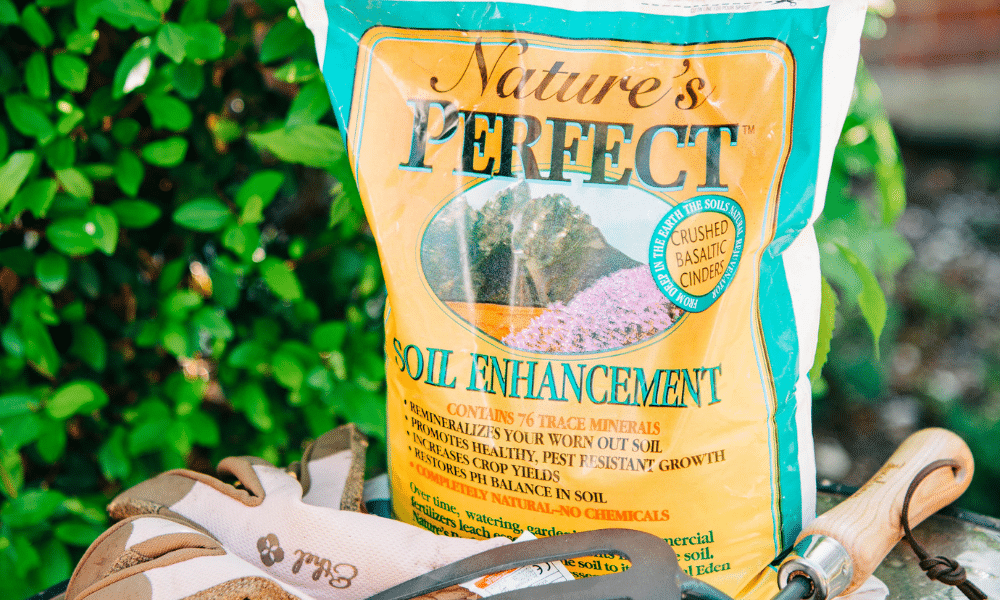
Hardy Garden offers one of the best organic soil enhancers, Nature's Perfect Soil Enhancer. This volcanic powder contains 76+ trace minerals from a completely natural & organic source. Moreover, this volcanic powder nourishes and strengthens your soil, encouraging your plants to grow healthy, strong, pest-resistant, and hardier.
Visit Hardy Garden now and unlock your soil's potential with Natures Perfect Soil Enhancer today! We offer 4 packs + 1 free pack. Most of all, we want you to enjoy the benefits of growing your plants with Hardy Garden's own Nature's Perfect Soil Enhancer.
Happy organic gardening!